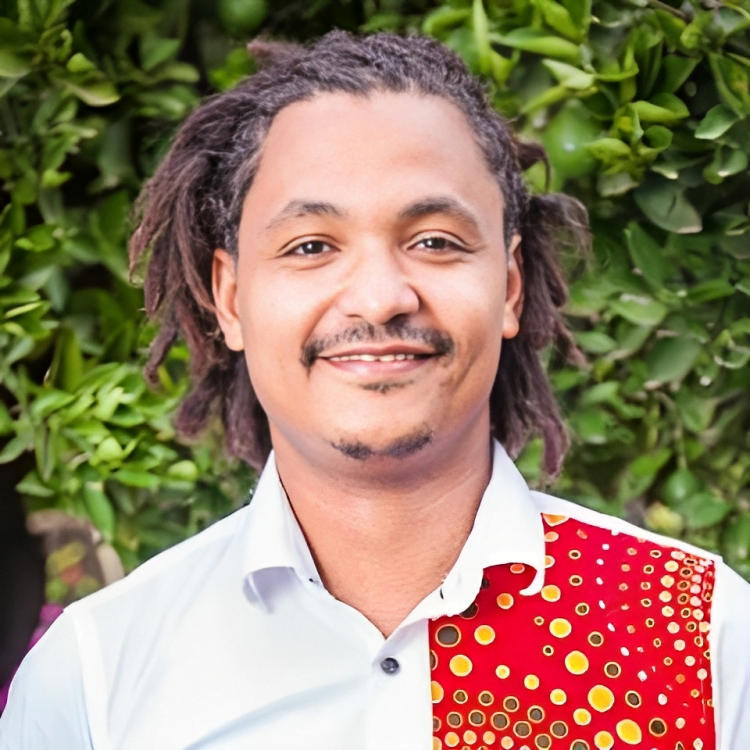The Khaya App, originally designed for Twi, Ga, and Ewe languages, has broadened its scope by including Northern Ghanaian languages like Dagbani and Gurene, responding to the critical need for language representation in Ghana. The app has also incorporated Yoruba.
Additionally, through a collaboration with Harvard University’s African Language School, Kenyan languages such as Kikuyu, Kimeru, and Luo have been added. This makes Khaya the first to offer translation services for major native languages in Kenya.
To go beyond traditional text translation, Khaya has included speech recognition features, enabling users to engage with the app through spoken language.
The development team at Khaya has also announced plans to introduce text-to-speech features, with a specific interest on creating a ‘Siri for Gurene’ feature.
Dr. Paul Azunre, Co-Founder of the Khaya app, shared these plans when he spoke to A1 Radio’s Mark Smith.
“We started with Twi, Ga, and Ewe, and then expanded into Northern Ghana with the addition of Dagbani and Gurene. We also added Yoruba because we could find data we could use right away, and it seemed there was still a need to fulfill there. We have also collaborated with a group at Harvard University – the African Language School there – to add Kenyan languages Kikuyu, Kimeru, and Luo. These are some of the biggest native languages in Kenya, and ours was the first solution to address them. How insane is that? We have also added speech recognition in addition to the initial text translators over time. Soon we will be introducing Text to Speech to enable applications such as ‘Siri for Gurene,’ etc.”
Additionally, Dr. Azunre explained that Khaya’s introduction of Automatic Speech Recognition capabilities for Twi and Yoruba is very useful because literacy in local communities isn’t particularly high. Text-to-speech is the next step in this direction, he added.
“As you may know, the level of literacy in our communities isn’t very high—particularly when it comes to reading and writing our local languages properly. To be truly useful to everyone in our communities, the tools need to be able to accurately detect and transcribe spoken speech, as well as respond using a natural human voice. Speech recognition is the transcription part. We will introduce text-to-speech very soon to handle the response part. It is a work in progress.”
As the first app to offer general speech recognition capabilities for Twi and Yoruba, Dr. Azunre believes that the benefits would be immense.
“Think about all of computing finally being accessible to almost 100% of our population. Folks who couldn’t use modern technology due to language barriers will be fully plugged in and empowered to grow the economy. I think that is massive.”


